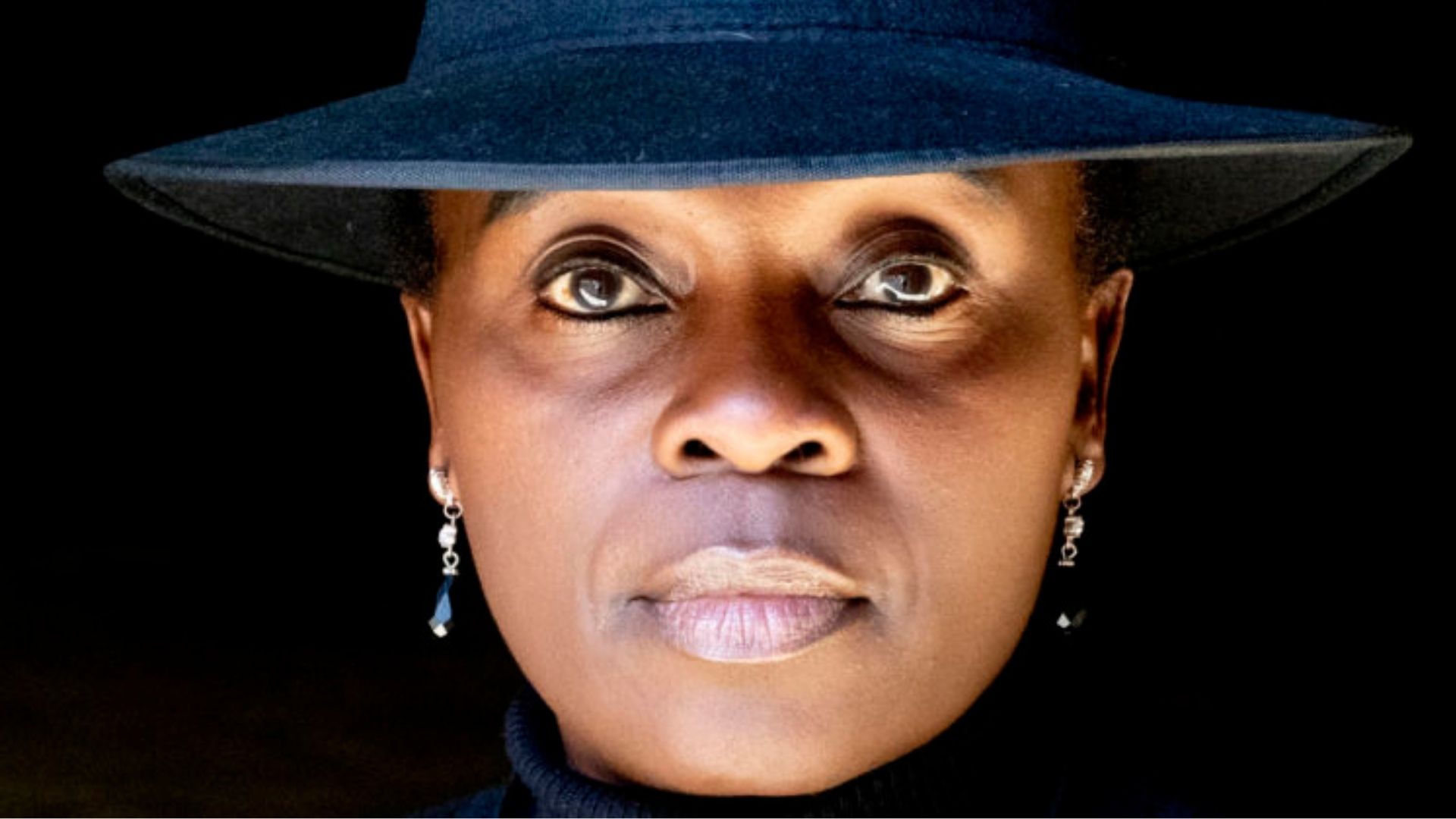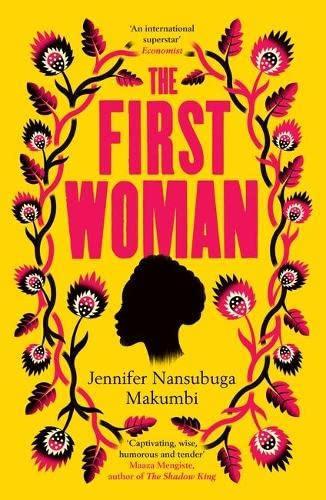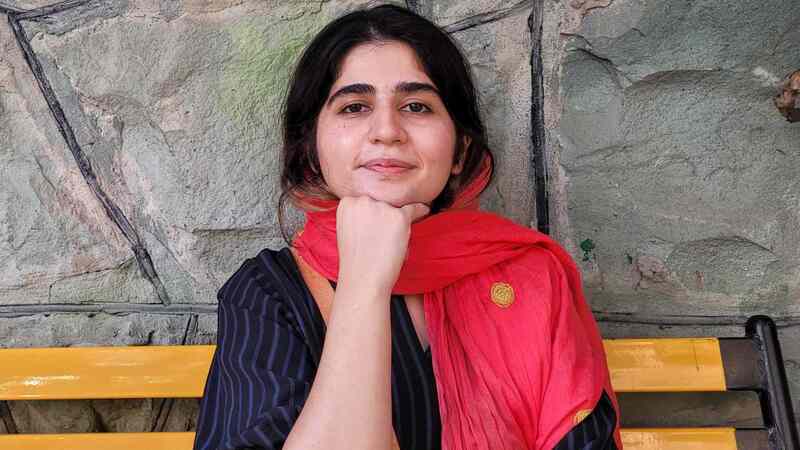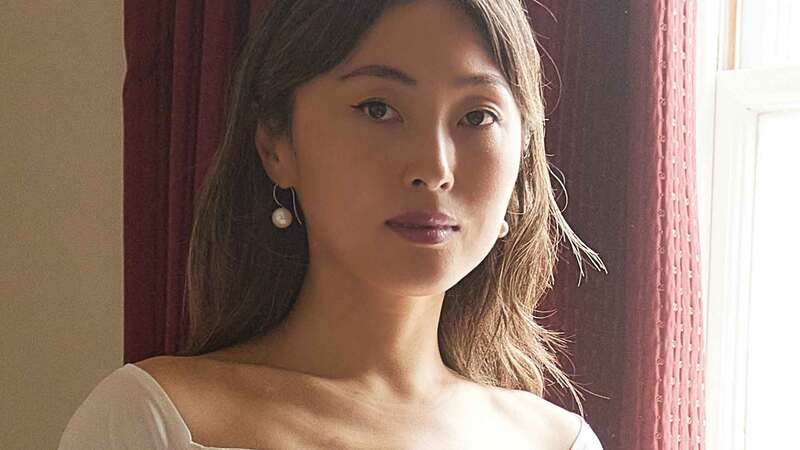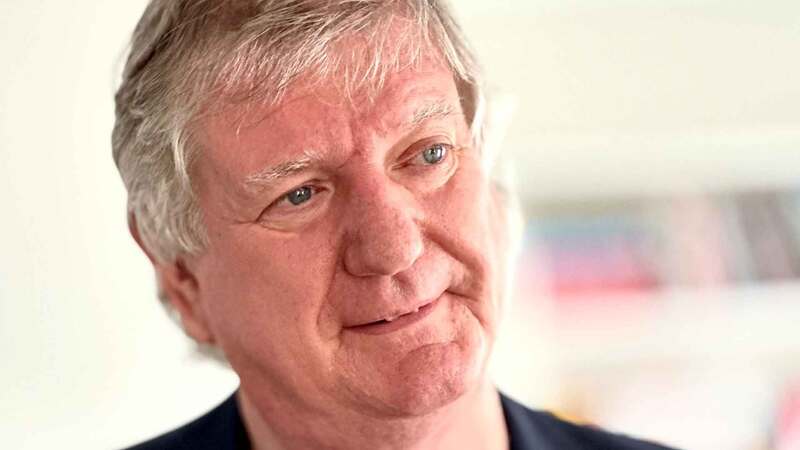You are viewing your 1 free article this month. Login to read more articles.
Jennifer Nansubuga Makumbi on immersing her reader in Ugandan culture in her second novel
Jennifer Nansubuga Makumbi‘s second novel is a fascinating portrait of coming of age in 1970s Uganda
The First Woman, Jennifer Nansubuga Makumbi’s powerful feminist novel about a headstrong young woman’s coming-of-age in 1970s Uganda, has had a long and fraught path to publication.
When the Ugandan-born author speaks to me over the phone from her home in Manchester, she recalls that she first started writing it in an exercise book while she was teaching literature at a high school in Kampala, back in 1998. But she soon set it aside, dissatisfied. When Makumbi came to Britain in 2001, aged 34, determined to pursue a career as a writer and to study creative writing at Manchester Metropolitan University, she picked it up again and worked on it for another two years. She remembers tutor Michael Schmidt (founder of Carcanet Press) being hugely encouraging—she now calls him “my literary guardian angel”—but when she sent it out to agents in 2003 it was roundly rejected. It was the same story when she tried again with a reworked version in 2005, and again in 2008. “I thought OK, just give it up!” But she had, by then, starting working on Kintu, which was published by Oneworld in 2018 to critical acclaim (“a multi-character epic that emphatically lives up to its ambition”, said the Sunday Times). By the time she finished Kintu, Makumbi had grown in confidence as a writer, she says, and while working on her first collection of short stories Manchester Happened (2019), she returned once more to The First Woman.
As a writer I tend to use figures that I know to create characters, because then I can see how they talk, how they gesture, how they walk
The First Woman opens in the small village of Nattetta, Uganda in 1975, where 12-year-old Kirabo Nnamiiro, a much-doted-upon girl, is being brought up by her paternal grandfather Miiro and grandmother Aliksia, Muka (Mrs) Miiro. Up until now, Kirabo has been perfectly content with her life at the heart of a prosperous, extended family, but now, on the verge of her teenage years, she is starting to feel the absence of her mother, a woman she cannot remember. We learn that her father Tom (Tomusange), brought her to the village as a six-month-old baby, then returned to his Western-style life in Kampala, although he visits regularly. No one in her large family in Nattetta will talk about her mother, so Kirabo turns to Nsuuta, the village witch, for information and help. Nsuuta was once a close friend of Aliksia, but now they seem to be enemies, and that is another mystery that, frustratingly, nobody will explain to Kirabo.
First things first
The First Woman follows Kirabo on her search for her mother, as she grows from a child to a young woman, through her sexual awakening, to find her place in the world. She leaves the village, first to move in with her father in the city. The novel is fascinating on the changing perception of wealth in the country: Kirabo’s grandfather, who owns land and animals and crops but lives without electricity or a car; her father lives in a large house in Kampala with all the trappings of a Western lifestyle. Kirabo is then sent to boarding school, and the education that will provide her with opportunities in a fast-changing world. Kirabo is a wonderful heroine—headstrong, inquisitive and determined—and, I learn, inspired by Makumbi’s little sister. “As a writer I tend to use figures that I know to create characters, because then I can see how they talk, how they gesture, how they walk.”
The novel unfolds over eight years, from 1975 to 1983, and I’m curious to know why Mukambi chose to set her story over that specific timeframe. “Kirabo is four or five years older than me” she says. “It’s the kind of world that I saw, from a child’s eye, that was so easy and so relaxed and so laid-back. I wanted to capture [a time when] a child belonged to the village. You walked on the road and the grown-ups on both sides of the road know you. And they care! And if you do something wrong, they are going to grab you and say, ‘Pray I don’t tell your grandparents!’” she says, laughing. Mukambi says she wanted to write about a time that hadn’t really been written about “and when you find it, [the writing that is out there] is so focused on Idi Amin that the whole decade is ugly”. Her characters are living through the regime of Idi Amin, and the violence of those years is subtly present in the background, but the restrictions the former president placed on everyday life are seen through a middle-class teenager’s eyes: Kirabo’s Aunt Abi is described as wearing an “‘Amin, leave me alone’ maxi dress: the fashion after the president had banned short skirts”.
I need the Ugandan reader not only to feel comfortable in the landscape, but most of all in the language
The story unfolds in 1970s Uganda, but it is also steeped in ancient Ugandan folklore. It is the witch Nsuuta who tells Kirabo how the ancients decreed that the land belonged to men, and the sea was the woman’s realm. As Nsuuta says: “Stories have such power you cannot imagine. That one turned women into migrants on land. Since then, women have been rootless—moved not just across places but clans, tribes, nations, even races.” This is the beginning of Kirabo’s feminist awakening.
The novel is also rich with Luganda words, making it an immersive read. Makumbi has said: “I aspire for a Ugandan reader to pick up my book and immediately feel at home, as if Uganda were at the centre of the world, the way British or American books do. I need the Ugandan reader not only to feel comfortable in the landscape, but most of all in the language.” To me, she says: “You need to understand how I grew up… on British, American and [translated] Russian books. There was always the sense that [those authors] were not explaining things to me, but I understood. I enjoyed! And I always placed myself in those books—I was Nancy Drew.”
Taxi driver
In her own book’s acknowledgments, Makumbi thanks the Windham-Campbell Prize, which she was awarded in 2018, with a phrase both poetic and succinct: “For the relief and the exposure”. The nomination process is famously shrouded in mystery, but the prize awards $165,000 and the news came out of the blue. (Makumbi found out while checking her emails in the back of a cab, after an event for Kintu.) It must have been an extraordinary moment for a writer who had worked “two jobs, menial jobs” in order to support herself over all those years while studying (she also has a PhD from Lancaster University) and trying to get published.
Extract
‘You know your grandparents would give the world for you.’
Kirabo smiled despite her pain. it was true, although Grandmother loved her carefully because loving her too much could be tragic. But Grandfather was brazen. He did not care that she might get spoilt. And Kirabo wielded his love ruthlessly over the teenagers and the villages. As for Tom, her father, his love was in a hurry. He came briefly from the city and wrapped it around her for an hour or two. Nonetheless, that night, Kirabo felt that once again the family had avoided telling her about her mother. Yet to ask her grandparents would be to say their love was not enough.
As she waited for the teenagers, she looked around. The night was solid. The moon was mean and remote; the stars thin and scanty. A shooting star fell out of the sky, but as Kirabo gasped, it vanished. My mother is somewhere under the sky. Perhaps she found out her baby had a split self and abandoned me. Perhaps I started flying out of my body as soon as I was born. Perhaps and perhaps swirled, stirring a pain she could not take to Grandfather or Grandmother and say Jjajja, it hurts here.
She lectures part-time at Manchester Metropolitan University now, but writing has always been the most important thing: “One of the things that I did [in the beginning] accept that I was going to be poor for the rest of my life; either I worked full-time to get the usual things, a house, a car. Or I write, and I just scrape by. And I decided to do that.”





